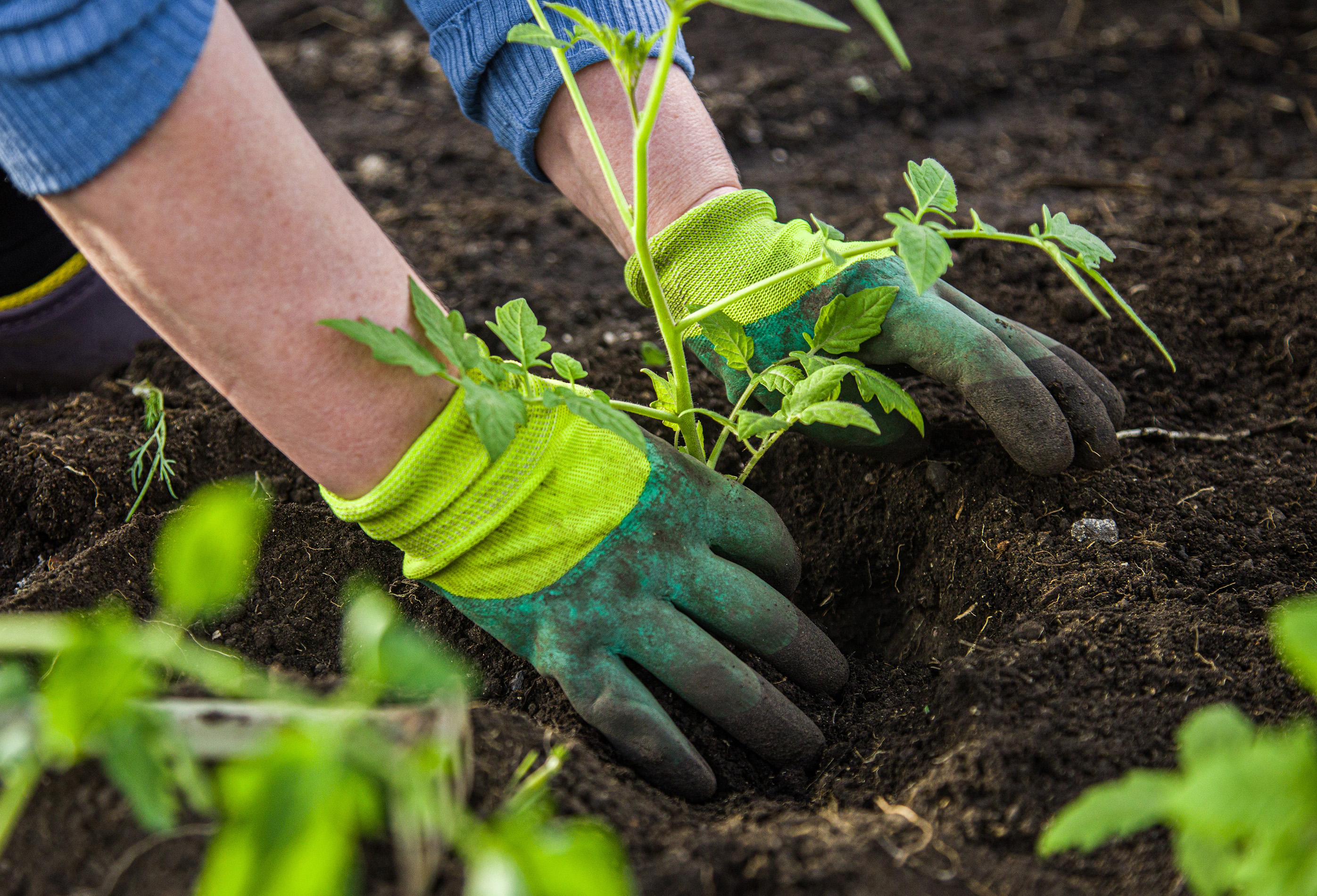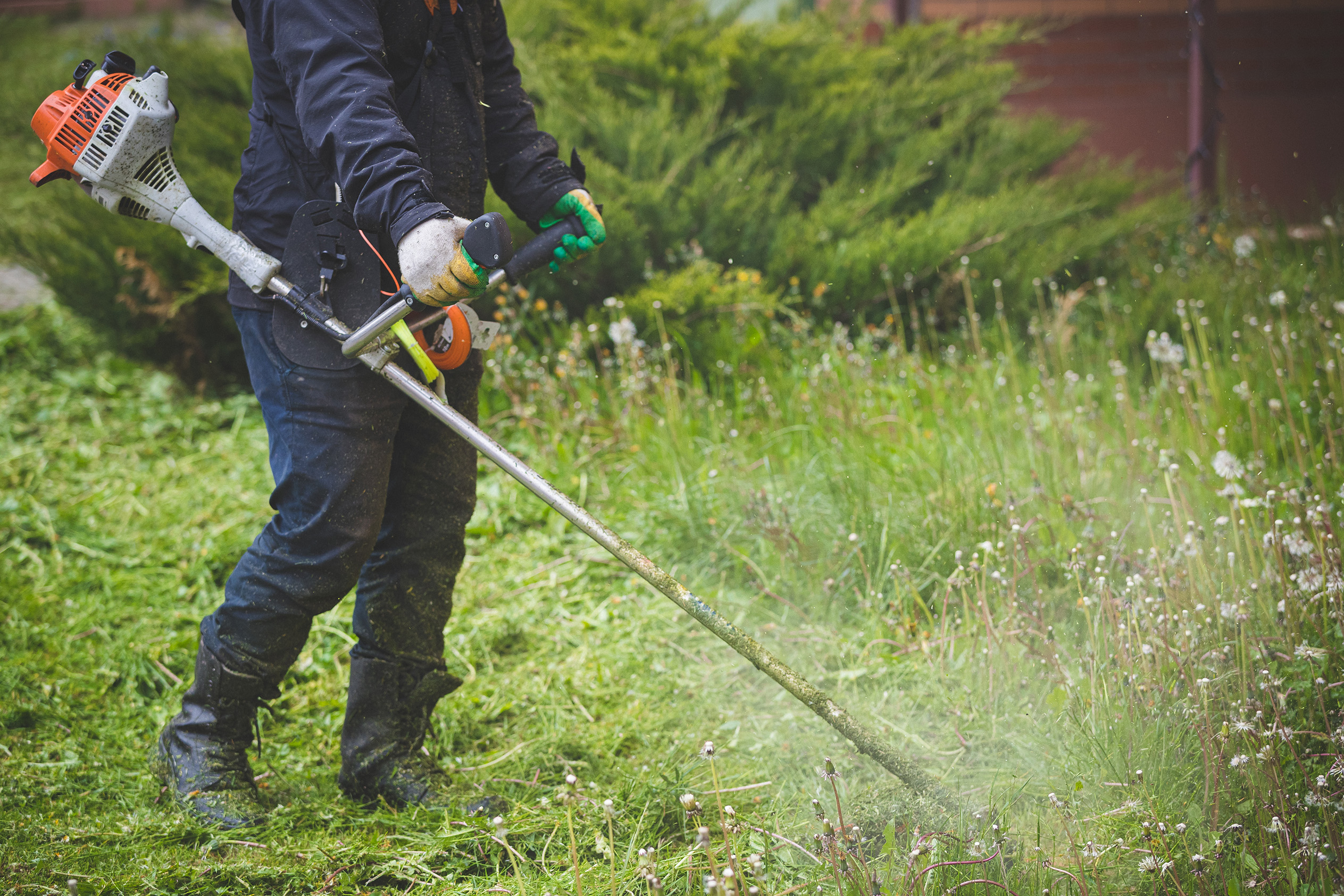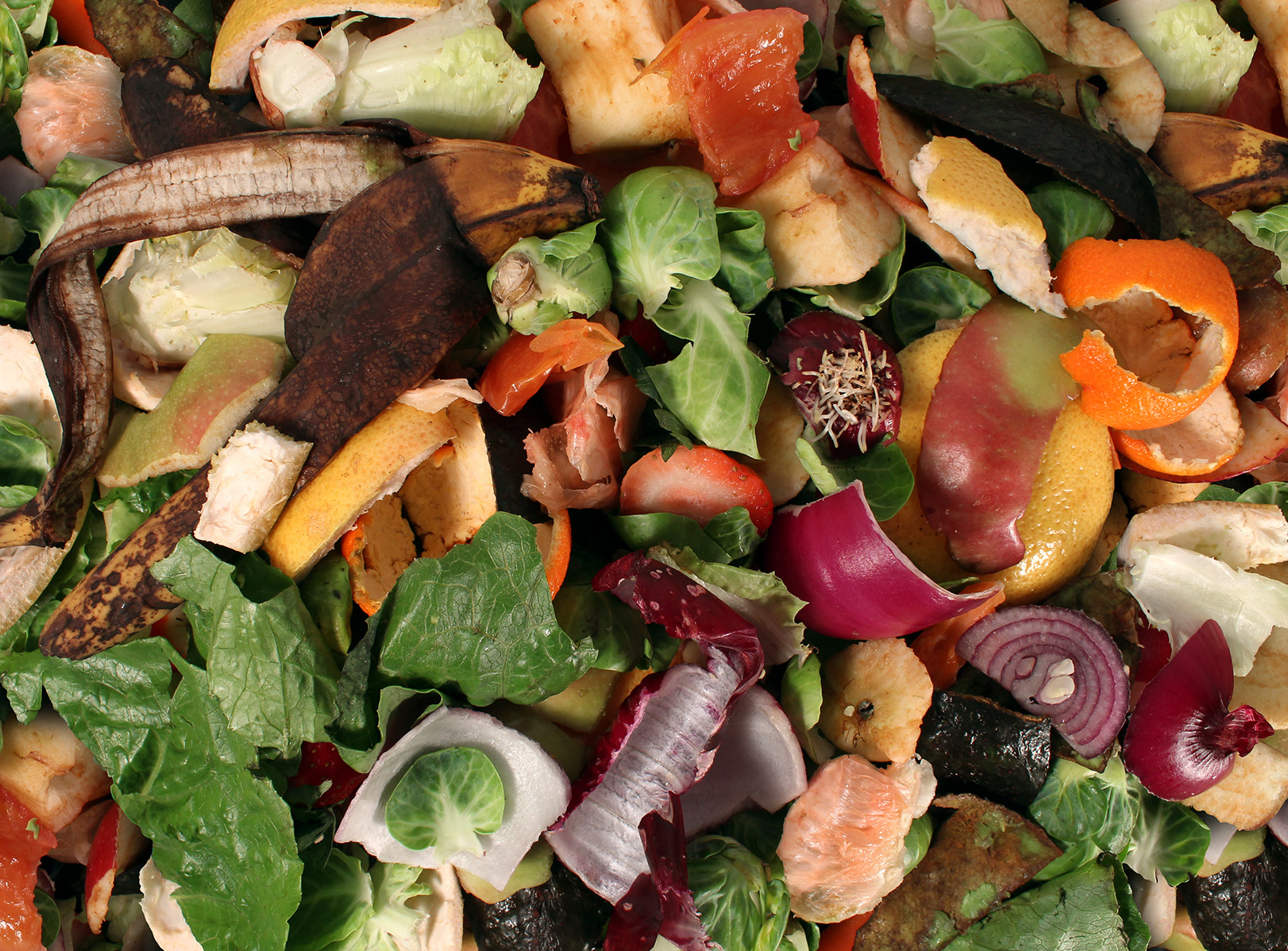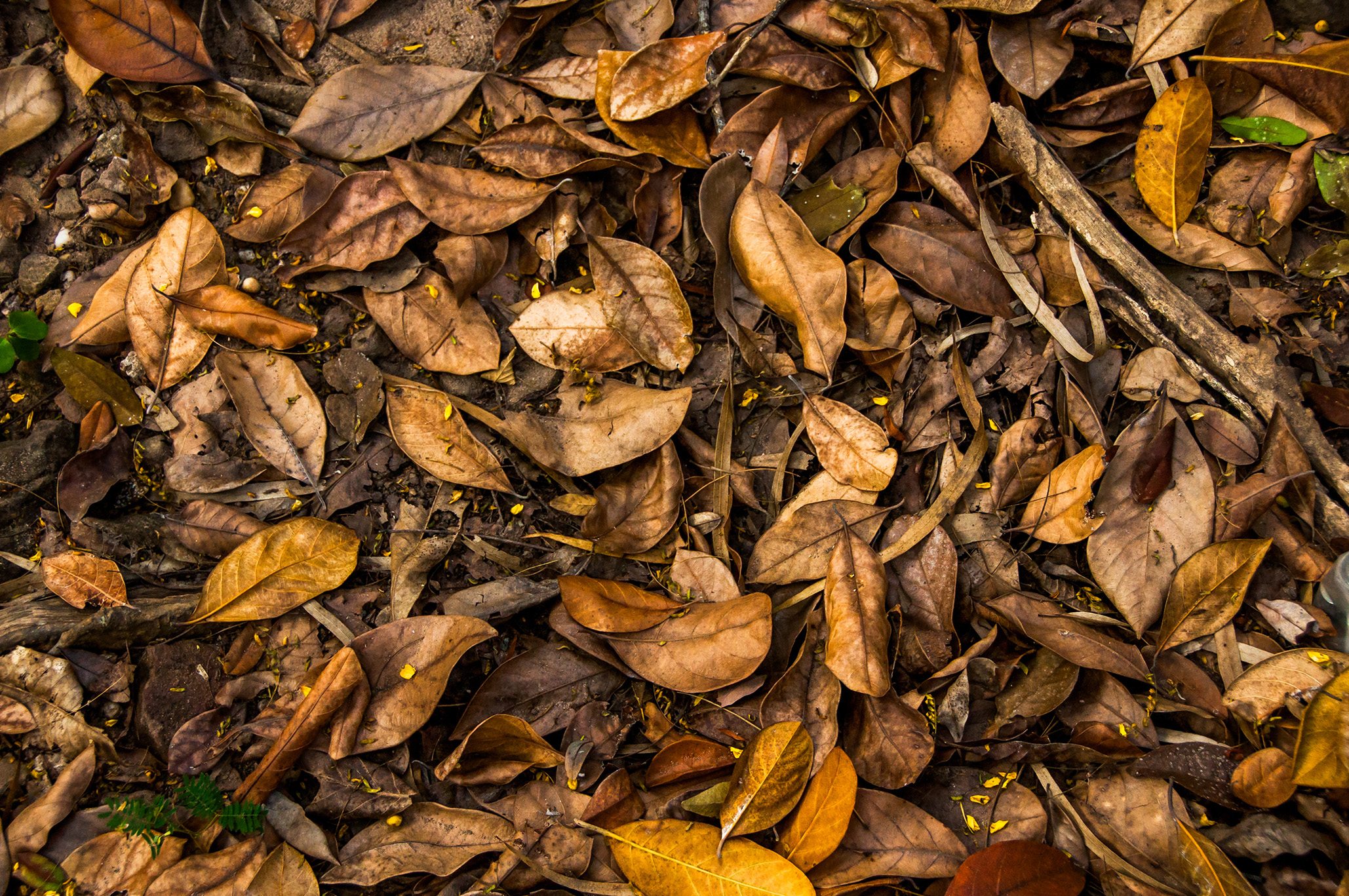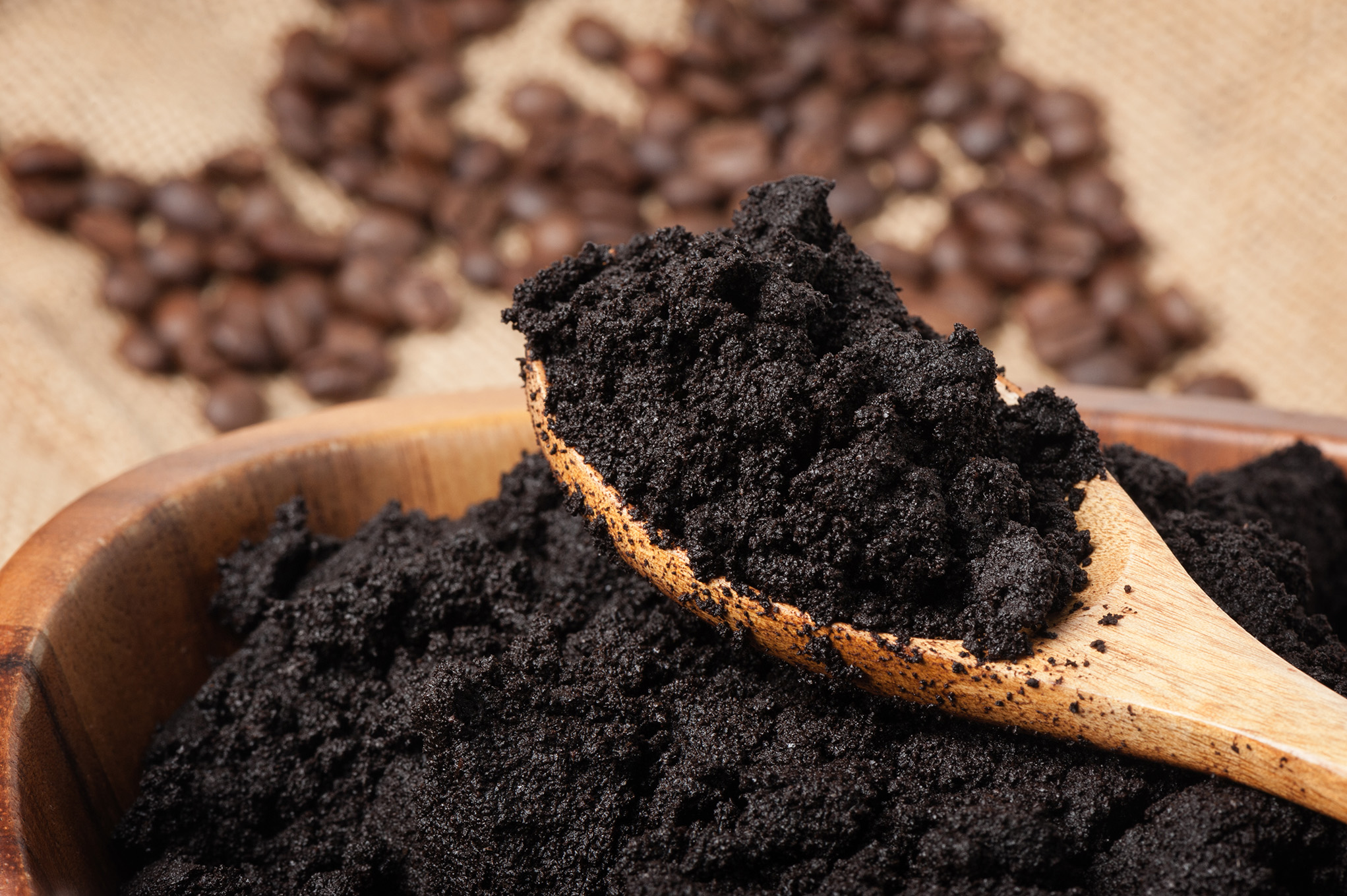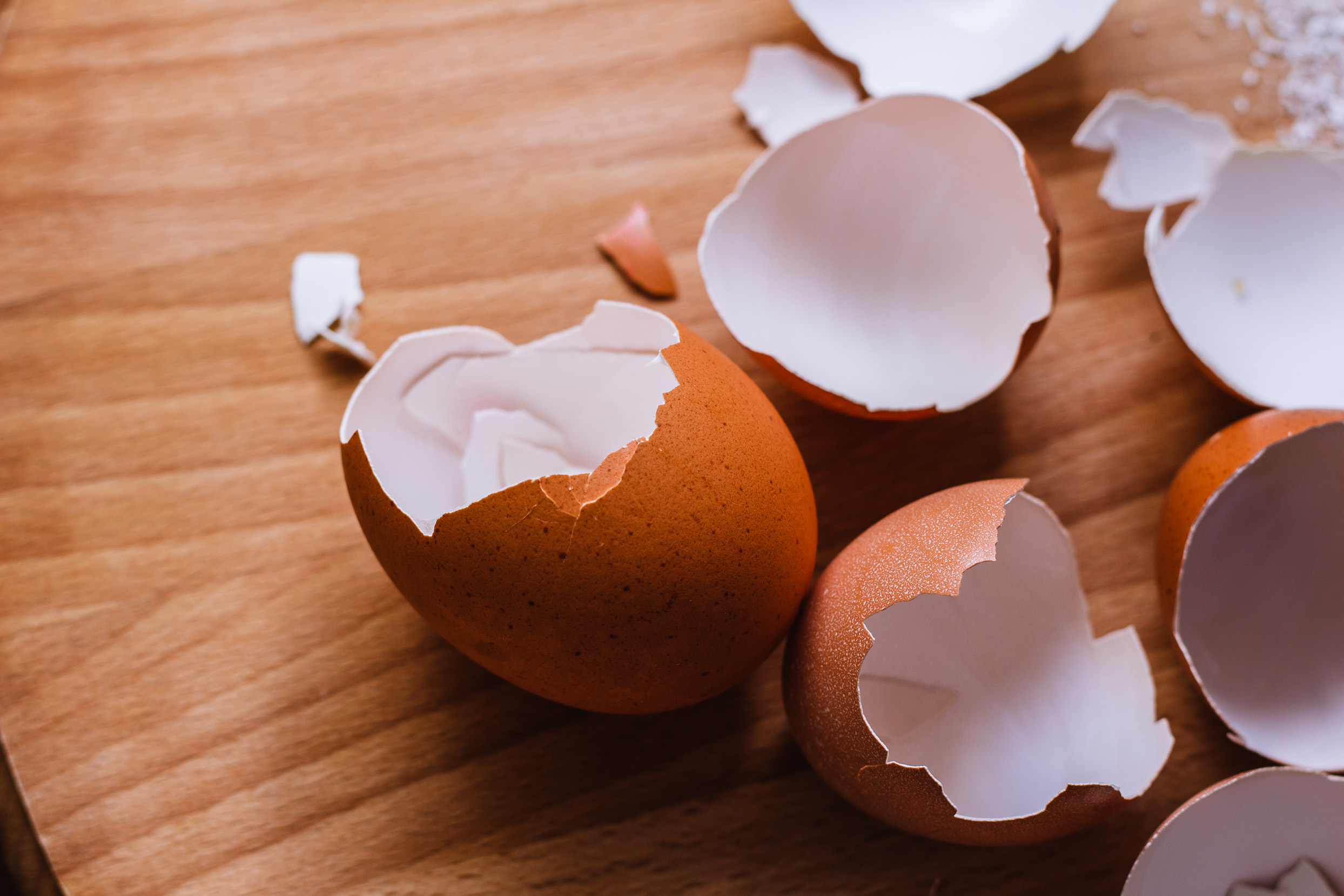Most fertilizers can be categorized into two types: organic and chemical. Organic fertilizers come from natural sources, such as plants and animal manure. Chemical fertilizers come from inorganic materials that undergo chemical treatments. Although chemical fertilizers can be more cost effective, they can also be damaging to the environment. When it rains or when you water your plants, chemicals from your fertilizer often end up in our storm drains, leading the chemicals into Hawaii’s streams, rivers, and ocean. Here are five organic fertilizers that you can make at home to avoid using harmful products.
Weeds
Weeds are plentiful, and due to their high nitrogen content, they make terrific fertilizer. To avoid putting their seeds back into your garden, make a weed tea. Fill a quarter of a five-gallon bucket with weeds you pulled, then fill the rest of the bucket with water. Let the weeds soak for one or two weeks, and once the water turns brown, you can pour it on your plants!
Kitchen Scraps
Instead of throwing food scraps from fruits and vegetables away, use it to make your own compost! This is a great way to reduce your waste, and your plants will love it. Compost releases nutrients slowly, meaning that a garden that uses compost can go a year or two without traditional fertilizer. Compost can also be used to help soil retain its moisture, which will come in handy during the summer. Learn how to make a DIY compost bin here.
Leaves
Many people see dry leaves as trash, and throw them away without a second thought. Did you know that leaves are actually rich in trace minerals? They attract earthworms, can make denser soils lighter, and like compost, are great for retaining moisture. To use leaves for your garden, crush them and mix them into your soil, or you use them as a mulch on top.
Coffee Grounds
Do you drink a lot of coffee? Well, be sure to save your coffee grounds! Using coffee grounds in your garden can help to acidify your soil. Many plants, including blueberries, roses and tomatoes, thrive in acidic soil, but be sure to check the ideal soil acidity of your plants before adding your coffee grounds. To recycle coffee grounds, sprinkle them over the surface of the soil, or soak six cups of used coffee grounds for up to a week, and use it to water your plants.
Eggshells
Eggshells are another product that make a terrific fertilizer. Unlike coffee, eggshells can lower the acidity of your soil. In addition, eggshells are a good source of calcium for your plants, which is essential for growth. To use the eggshells, rinse and crush them, then sprinkle the small pieces on top of your soil.
Sources: Farmer’s Almanac, Environmental Protection
